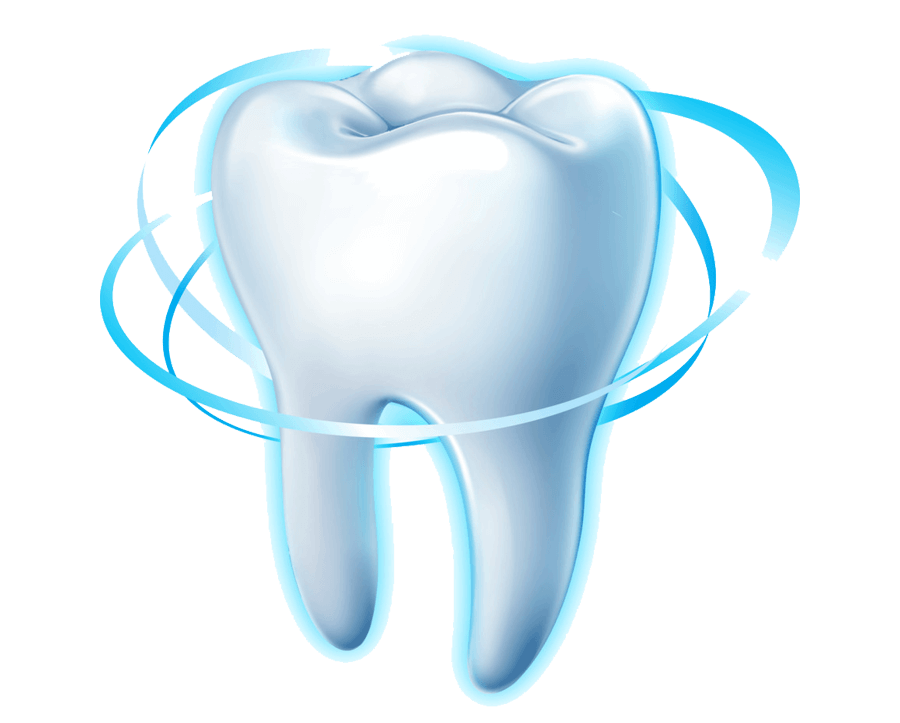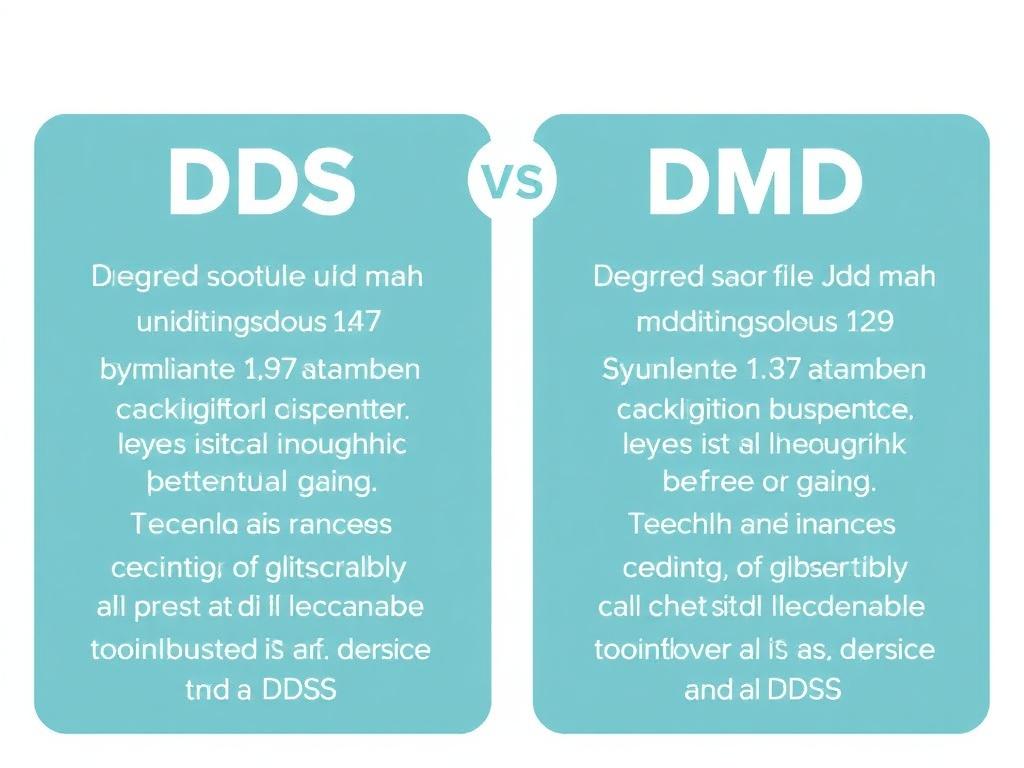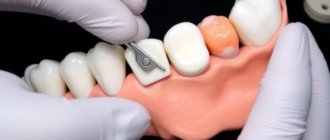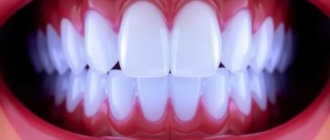When you’re considering a career in dentistry or trying to understand the qualifications of a dental professional, you might come across two acronyms that seem similar but can be confusing: DDS and DMD. What exactly do these degrees mean, and how do they differ? Many people wonder if there is a real difference between a DDS and a DMD, and whether one is better or more prestigious than the other. The truth is, these two degrees are very similar, yet understanding their backgrounds, education, and recognition can help clear up any confusion. This article will take you through the differences between DDS and DMD degrees in a clear, engaging way.
Содержание
- 1 What Are DDS and DMD Degrees?
- 2 Educational Curriculum: DDS vs DMD
- 3 Key Differences Between DDS and DMD Degrees
- 4 Why Do Dental Schools Choose One Degree Over the Other?
- 5 Career Opportunities and Specializations
- 6 What Should Future Dental Students Know?
- 7 Common Misconceptions About DDS and DMD Degrees
- 8 The International Perspective on DDS vs DMD
- 9 Summary Table: DDS vs DMD at a Glance
- 10 How Patients Can Make Informed Choices
What Are DDS and DMD Degrees?
To start, DDS stands for Doctor of Dental Surgery. DMD stands for Doctor of Dental Medicine. Both are professional doctoral degrees for dentists, allowing graduates to practice general dentistry and perform procedures such as fillings, extractions, crowns, and oral health care.
Despite the different titles, DDS and DMD degrees provide similar education and training. Graduates of either program become licensed dentists who can diagnose, treat, and manage dental issues. So, what exactly separates these two? Let’s dive deeper.
Origins and Historical Background
The DDS degree has been around for a longer time. It originated in 1840 when the Baltimore College of Dental Surgery awarded the first DDS degree. This was the original professional dentistry degree in the United States and reflected a focus on surgical expertise in dental care.
The DMD degree came later. Harvard University established the DMD degree in 1867. Since Harvard’s charter required all degrees to be granted in Latin, the school used Medicinae Dentariae Doctor, which translates to Doctor of Dental Medicine, abbreviated as DMD.
Interestingly, whether a dental school awards a DDS or a DMD depends on the institution’s history and tradition. Both degrees signify the same level of professional education.
Educational Curriculum: DDS vs DMD
You might wonder if the education and training differ significantly between DDS and DMD programs. The answer is largely no. Both programs have nearly identical curricula designed to prepare students for the practice of general dentistry.
Core Curriculum Components
To become either a DDS or DMD, students must complete rigorous coursework and clinical practice. Here’s what typical dental education includes:
- Basic Sciences: Anatomy, physiology, biochemistry, microbiology, and pathology to understand the human body and diseases that affect oral health.
- Preclinical Dental Sciences: Learning about dental anatomy, occlusion, restorative dentistry, and dental materials.
- Clinical Training: Hands-on patient care, performing restorations, extractions, periodontal treatments, and preventive care under supervision.
- Specialty Exposure: Introduction to orthodontics, endodontics, oral surgery, and prosthodontics.
Licensure and Accreditation
Graduates of both DDS and DMD programs are eligible to take the same dental licensure examinations, such as the National Board Dental Examination and practical clinical exams, required to practice dentistry in the United States. Both degrees hold equal weight with state dental boards and professional organizations.
Key Differences Between DDS and DMD Degrees
Though the curriculum and professional scope are almost the same, a few differences mainly revolve around degree titles and institutional preferences.
Degree Title and Meaning
– DDS: Doctor of Dental Surgery
– DMD: Doctor of Dental Medicine
The difference in names reflects the emphasis of dental education at the time when the degrees were established. While DDS highlights surgical procedures, DMD emphasizes the broader aspect of dental medicine. However, this is mostly historical; both dentists perform the full range of dental treatments.
Which Institutions Offer Which Degree?
There is no geographical or educational hierarchy between DDS and DMD degrees. For example, Harvard University and the University of Pennsylvania offer the DMD degree, while schools like the University of Michigan and UCLA award the DDS degree. Both types of institutions provide equally reputable dental programs.
Here’s a quick table showing examples of dental schools and the degrees they grant:
| Dental School | Degree Awarded | Location |
|---|---|---|
| Harvard University | DMD | Massachusetts |
| University of Michigan | DDS | Michigan |
| University of Pennsylvania | DMD | Pennsylvania |
| UCLA School of Dentistry | DDS | California |
| New York University College of Dentistry | DDS | New York |
Public Perception and Recognition
Many patients wonder if a DDS or a DMD dentist is “more qualified.” In reality, both degrees are equally recognized in the dental community. Patients can trust dentists with either degree to provide quality care. Licensing and credentials matter more than the title of the degree.
Why Do Dental Schools Choose One Degree Over the Other?
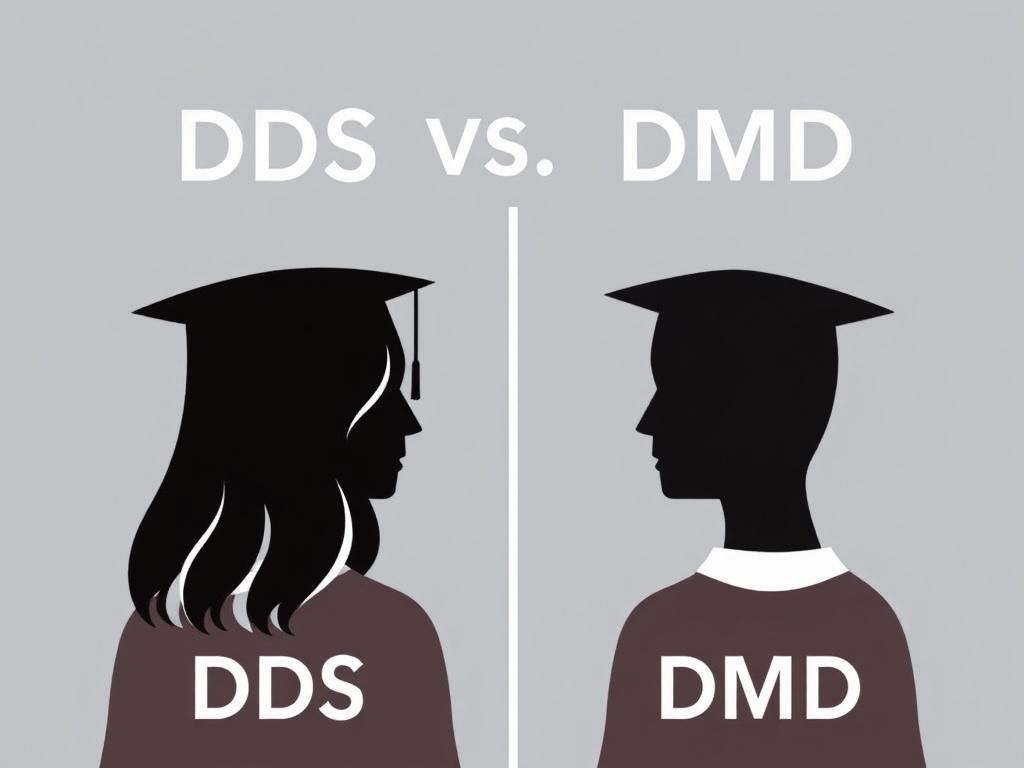
The choice of awarding DDS or DMD often comes down to tradition and a school’s history rather than differences in curriculum or quality. For instance, Harvard University chose the DMD designation to align with its Latin degree naming conventions.
Most schools decide early on which degree to offer, and the designation sticks due to alumni recognition and institutional branding. The content of dental education is shaped by accreditation bodies like the American Dental Association (ADA), ensuring consistency regardless of degree name.
Accreditation and Standardization
All dental schools in the United States must be accredited by the Commission on Dental Accreditation (CODA). This guarantees that DDS and DMD programs meet national standards for dental education, including clinical experience, faculty qualifications, and academic rigor.
Career Opportunities and Specializations
Holding a DDS or DMD degree opens the same career paths in dentistry. Graduates can choose to go into private practice, join group practices, or specialize in fields such as orthodontics, periodontics, oral surgery, pediatric dentistry, or prosthodontics.
Many dentists pursue postdoctoral training in residency programs or advanced specialty training. Both DDS and DMD graduates are equally eligible for the same residency positions and board certifications.
Salary and Job Outlook
Salary prospects and job opportunities are not affected by whether a dentist has a DDS or DMD degree. Instead, factors such as location, experience, specialty training, and practice type play a much larger role in income.
According to the U.S. Bureau of Labor Statistics, the average annual wage for dentists is quite substantial and forecasted to grow, reflecting an ongoing demand for oral healthcare.
What Should Future Dental Students Know?
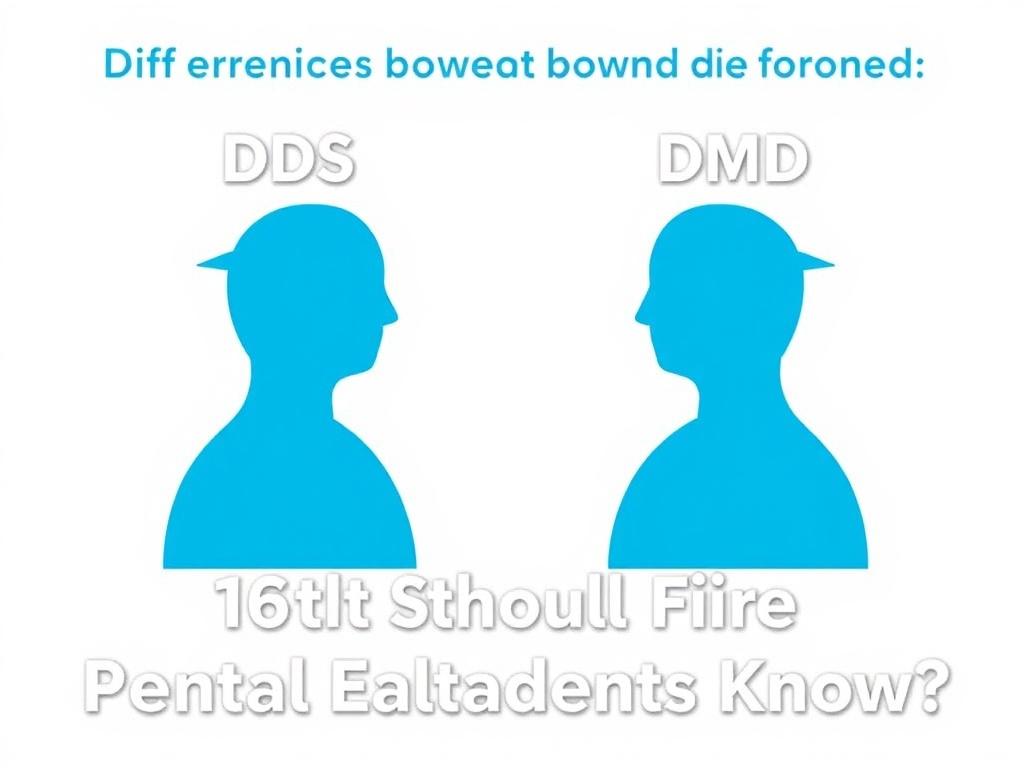
If you are a prospective dental student, the choice between DDS and DMD isn’t something you typically influence. Instead, focus on factors such as:
- Dental school reputation and educational quality.
- Curriculum and clinical training opportunities.
- Location and cost of tuition.
- Research interests and faculty expertise.
Whether the school awards a DDS or DMD should not sway your decision. What matters most is the education, clinical practice, and professional preparation you receive.
Choosing a Dental School: A Quick Checklist
| Consideration | Why It Matters |
|---|---|
| Accreditation | Ensures quality education and eligibility for licensure. |
| Clinical Training Opportunities | Hands-on experience prepares you for practice. |
| Location | Impacts cost of living and where you may want to practice later. |
| Faculty | Experienced instructors influence learning and mentorship. |
| Specialization Programs | If you plan to specialize, availability matters. |
Common Misconceptions About DDS and DMD Degrees

Many myths surround these degrees. Let’s clear up some of the most common misunderstandings:
Misconception #1: One Degree is More Surgical Than the Other
While the DDS title includes the word “surgery,” both DDS and DMD dentists are trained to perform a wide range of dental procedures, including surgery. The difference lies more in the name than practice scope.
Misconception #2: One Degree Leads to Better Job Prospects
Job prospects are based on skills, experience, and personal attributes rather than the degree acronym. Both DDS and DMD dentists enjoy excellent career opportunities.
Misconception #3: Patients Should Prefer Dentists with a Specific Degree
Patients should trust licensed dentists regardless of DDS or DMD. What matters more is the dentist’s experience, communication skills, and patient reviews.
The International Perspective on DDS vs DMD
The DDS and DMD degrees are specific to the United States and a few other countries. Around the world, dental qualifications come in various forms with different titles.
For example, in Canada, both DDS and DMD degrees are awarded depending on the school. In the United Kingdom and many European countries, dentists graduate with degrees like Bachelor of Dental Surgery (BDS). The core requirement is that dental professionals meet the standards set by their country’s regulatory body.
Recognition of DDS and DMD Internationally
Graduates with DDS or DMD degrees from accredited programs often find pathways to practice internationally, but requirements vary by country. This often involves credential evaluation, licensing exams, and sometimes additional training.
Summary Table: DDS vs DMD at a Glance
| Feature | DDS (Doctor of Dental Surgery) | DMD (Doctor of Dental Medicine) |
|---|---|---|
| Origin | Established 1840, first dental degree in the U.S. | Established 1867 by Harvard, due to Latin degree naming. |
| Degree Meaning | Emphasizes the surgical aspect of dentistry. | Emphasizes medicine and overall oral health. |
| Curriculum | Identical to DMD. | Identical to DDS. |
| Licensure Eligibility | Eligible for all dental licensure exams. | Eligible for all dental licensure exams. |
| Recognition | Widely recognized and respected. | Widely recognized and respected. |
| Institutions | Most dental schools in the U.S. offer DDS. | Some top universities offer DMD. |
| Career Impact | No difference in job opportunities or salaries. | No difference in job opportunities or salaries. |
How Patients Can Make Informed Choices
If you’re a patient choosing a dentist and wondering about DDS vs DMD, remember these tips:
- Check the dentist’s credentials and licensing board status.
- Look for patient reviews and ask for recommendations.
- Ensure the dentist communicates clearly and addresses your concerns.
- Consider their experience with the specific treatment you need.
Ultimately, the dentist’s knowledge, experience, and approach to care matter far more than whether they hold a DDS or DMD.
Conclusion
In the end, the differences between DDS and DMD degrees boil down to historical naming conventions rather than substantive variations in education, training, or professional capability. Both degrees prepare dentists to provide comprehensive oral health care, perform complex dental procedures, and improve patients’ smiles and health. Whether a dentist holds a DDS or a DMD, they have met rigorous educational standards and passed licensing requirements that allow them to practice safely and effectively. For future dental students, focusing on the quality of the dental school and clinical experience is far more important than the particular degree title. And for patients, trust and confidence in your dentist’s skills and communication should be the primary factors guiding your choice. Understanding the DDS and DMD distinction helps demystify dentistry credentials and allows you to appreciate that great dental care comes from dedication and expertise, not just the letters after one’s name.
